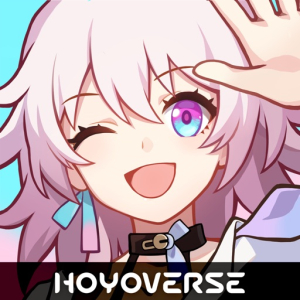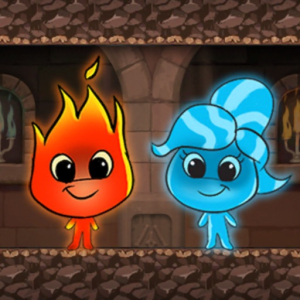Square Enix's AI Odyssey: From Bold Ambitions to Cautious Optimism
- Landon White
- June 25, 2024

Earlier this year, Square Enix made waves when President Takashi Kiryu unveiled plans to aggressively incorporate generative AI into the company’s operations. His enthusiastic comments about AI echoed the company’s previous enthusiasm for NFTs, promising transformative changes in content creation and development processes. Investors and fans were both intrigued and skeptical as Kiryu championed the AI revolution for the storied game developer.
The tide began to shift when the inherent risks of AI technology became more apparent. Generative AI isn't without flaws; it tends to "hallucinate" by fabricating information, creating inaccurate data, or offering unreliable solutions. Whether it’s inventing recipes, fictional case studies, or incorrect coding suggestions, AI’s fallibility cannot be overlooked. Recognizing these dangers, Kiryu wisely decided to scrutinize AI applications more carefully.
On a recent investor call, Kiryu candidly discussed reevaluating Square Enix’s approach. He acknowledged AI's vast potential but also highlighted its risks. This marked a significant pivot from his earlier stance. He emphasized the need for rigorous internal examinations before deploying AI-related tools. This cautious approach aims to mitigate AI's pitfalls while exploring its capacity in less creative fields.
The real-world implications of AI in game development remain contentious among developers. While executives may see AI as a revolutionary force, actual developers tend to be more conservative. They see its potential but prefer its use in mundane tasks rather than key creative processes. Kiryu’s revised stance seems to resonate with this viewpoint, balancing ambition with pragmatism and considering feedback from industry professionals.
Ultimately, Square Enix's journey with AI reflects a learning curve enriched by industry dynamics and technological introspection. By limiting AI to non-creative functions, Kiryu aims to harness its strengths while circumventing its weaknesses. This balanced perspective is a refreshing change, demonstrating not just a commitment to innovation but also a willingness to adapt and listen. It's a promising direction for the company’s future endeavors in game development and beyond.















